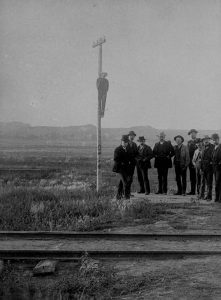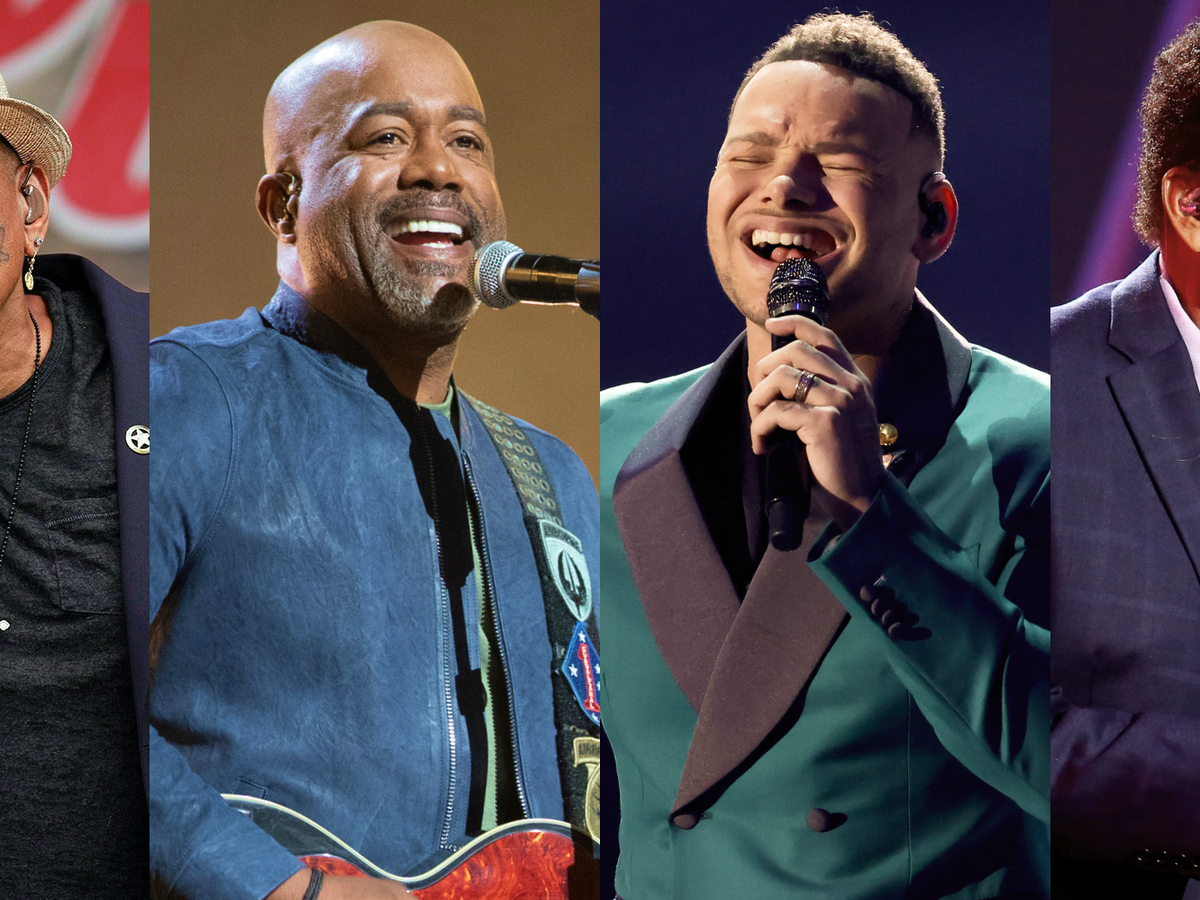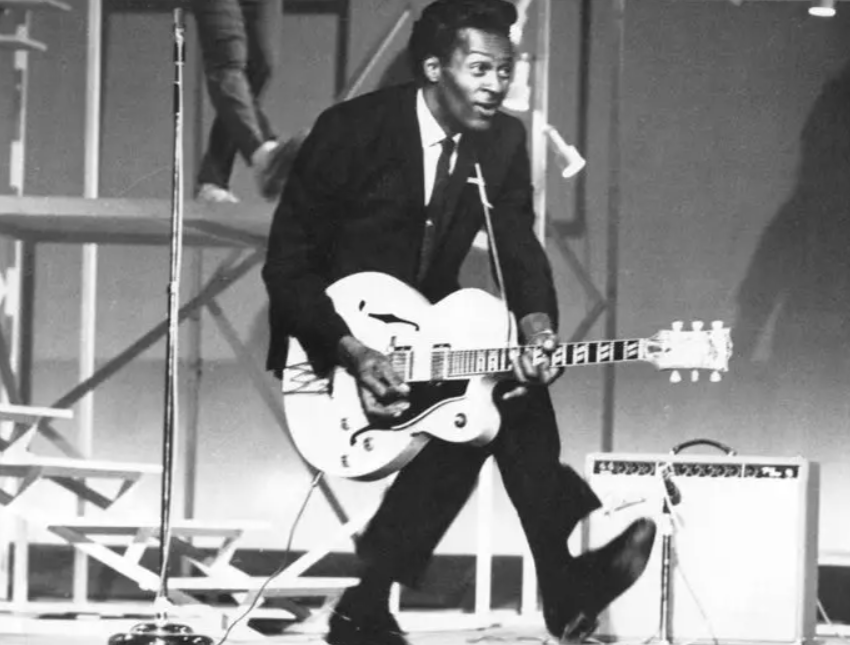(ThyBlackMan.com) Presidents Theodore Roosevelt, Warren G. Harding, Calvin Coolidge, Herbert Hoover, Franklin Roosevelt, Harry Truman, Dwight Eisenhower, JFK and LBJ. The cast of Democrat and Republican Presidents stretching back over more than half a century all at one point in their administration were asked to throw White House weight behind a federal anti-lynching bill in Congress. All either flatly refused or demurred.
Now more than a century after the NAACP introduced the first anti-lynching bill in Congress the record stands that America still does not have a law that makes lynching a federal crime. The ugly spotlight was again tossed on this hideous fact in recent weeks with first, the allegation that two young Black men were lynched in Southern California, and the reported hanging of other young Blacks under questionable circumstances. Then there was the alleged lynching attempt by several white men of a Black man, July 4th in Bloomington, Indiana. The alleged attack went viral.
The anti-lynching bill the House and the Senate passed virtually unanimously months ago was supposed to correct this historic wrong. It didn’t. The bill stalled in the Senate. The blame for the stall is dumped on the shoulders of Kentucky Senator Rand Paul who objects to the  bill as purely symbolic and claimed to want more direct action instead against police violence. Paul has a point about the symbolism of the bill, but the problem is not Paul’s obstructionism, the problem is the senate. Senate Majority leader Mitch McConnell has done nothing to break the stalemate and move the bill to passage. Other than loud outcry from a few Democratic senators the stalemate stands.
bill as purely symbolic and claimed to want more direct action instead against police violence. Paul has a point about the symbolism of the bill, but the problem is not Paul’s obstructionism, the problem is the senate. Senate Majority leader Mitch McConnell has done nothing to break the stalemate and move the bill to passage. Other than loud outcry from a few Democratic senators the stalemate stands.
Then again, lynching has always been the toughest legislative nut to crack. Decade after decade, legions of Democrats and Republican senators and congressperson have taken shots at it by introducing virtually the same bill. It would make lynching a federal crime, with stiff fines and lengthy prison sentences. Every time the bill was voted down, killed in committee, or simply ignored. The claim was always that it infringed on state’s rights, since murder was a state offense, was federal overreach, and was political targeting of the South. The ploys worked and in almost all cases successive presidents did nothing to aid the effort to get an anti-lynching bill passed.
Despite this see no evil, hear no evil on lynching, federal officials were always well aware of lynch violence. Most lynch murderers made no attempt to hide or mask their acts. They took out ads in newspapers and circulated flyers announcing lynching’s. They ignored the 1908 ban by the U.S. Postal Service on violent material in the mails and conducted a brisk trade in souvenir postcards and letters with snapshots of lynched victims.
NAACP officials meticulously compiled photos of lynching’s, collected witness statements from law enforcement and public officials, even the lynchers themselves, and promptly turned the incriminating documents over to federal officials. But they took no action. During the entire period, this gruesome business went on, NAACP also relentlessly lobbied Congress and the White House to pass the anti-lynching law. The civil rights group was ignored.
It wasn’t just official White House silence, nearly every attorney general refused to push for indictments against public officials or law enforcement officers complicit in lynch murders. FBI Director J. Edgar Hoover successfully manipulated Presidents Roosevelt, Eisenhower, and Kennedy to steer the FBI away from direct investigation of lynching’s. The Department of Justice seldom forced Hoover to conduct such investigations.
Presidents, attorneys general, and federal officials wailed that their hands were tied, because it was the job of the states to prosecute the lynch murderers. But the states refused. Fewer than 1 percent of the murderers were ever tried in state courts. Rather than risk alienating politically powerful Southern state officials and jeopardizing votes and legislative support, the feds rationalized their hands-off policy toward lynching with a narrow and rigid interpretation of the federalist doctrine of separation of state and national power.
This was a face-saving political cop-out. In many cases a bevy of Southern sheriffs, mayors, and municipal and state officials openly aided and abetted the lynch mobs. The Justice Department had two powerful legal statutes to go after them. The statutes authorized prosecutions of public officials and law enforcement officers who, acting under color of law, committed, or conspired with others to commit acts of racial violence. They were based on the 14th Amendment’s due process and equal protection clause.
These statutes were expanded under Reconstruction-era civil rights laws passed in the 1870s — specifically to punish racial attacks against blacks. But they were repeatedly challenged by local and occasionally federal officials as poorly worded, unconstitutional violations of states’ rights. Even though they remained on the federal books, federal officials rarely used them to prosecute lynch murders.
No timetable has been announced on just when or whether the Senate will finally right the historic wrong with the final passage of the anti-lynching bill. Given the sordid history of America’s refusal to make lynching a crime, this is no surprise.
Written By Earl Ofari Hutchinson
One can find more info about Mr. Hutchinson over at the following site; TheHutchinson Report.
Also feel free to connect with him through twitter; http://twitter.com/earlhutchins
He is also an associate editor of New America Media. His forthcoming book is From King to Obama: Witness to a Turbulent History (Middle Passage Press).




















Leave a Reply